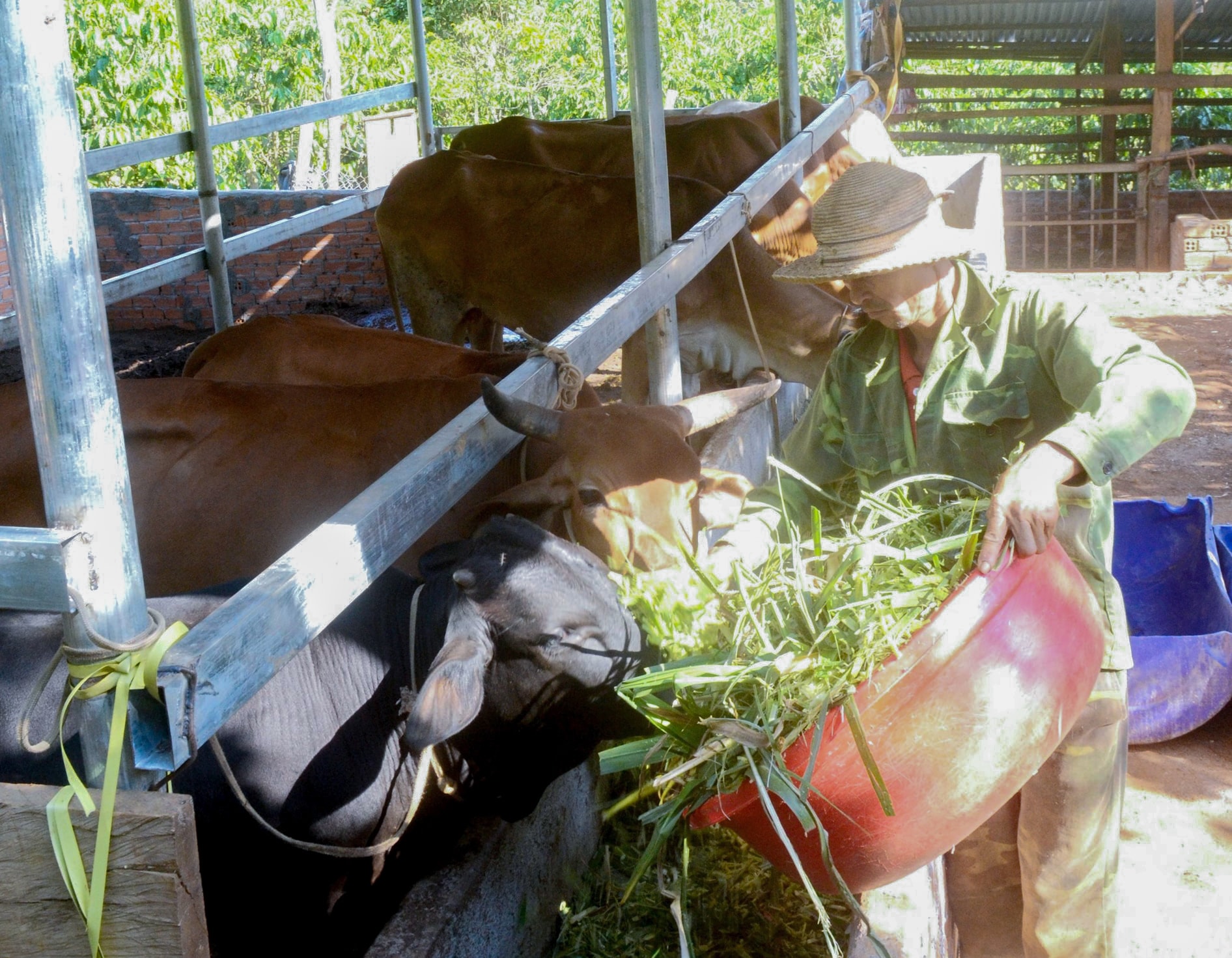
Ms. Hoang Minh Nguyet's family in Bac Gia Nghia ward is raising chickens in a closed farm process with a scale of about 500 m2 . Depending on the time, each batch of the family raises about 1,000 - 2,000 broiler chickens. According to Ms. Nguyet, for many years now, the family has applied the farming method using biological bedding to limit waste and odors to the environment. The biological bedding is made by her using rice husks mixed with biological yeast from some reputable brands.
According to her, the advantage of using biological bedding is that it does not require frequent cleaning of the barn, reduces labor, and deodorizes the barn well. When waste and wastewater from livestock are treated, it means that the family reduces the risk of common diseases in chicken flocks such as diarrhea, asthma, and lame legs.
With care techniques and nutrition through food, the poultry flock develops normally and evenly, with delicious meat quality, ensuring a fairly high and stable income for the family.
Ms. Nguyet added that after each batch of raising chickens, the fertilizer from the biological bedding process is sold to local households to fertilize crops, giving the family a significant additional income. Each year, the family raises more than two batches of chickens, earning hundreds of millions of dong in profit.
Not only in large-scale, closed farms, but also in households in the province, circular farming is effectively applied. Specifically, Mr. Huynh Duc Anh's family in Nhan Co commune has a herd of 14 large and small cows. In 2024, he earned nearly 200 million VND from selling beef and breeding cows. Although the scale of farming is small, he invested in a fairly solid barn with 2 separate areas: the cow herd area and the lower area behind to collect waste. He composted the waste with some biological products and other agricultural by-products such as coffee husks, corn stalks, and old grass stalks, which when decomposed, were used as fertilizer for 2 hectares of crops including coffee and fruit trees.
Mr. Anh affirmed that applying the circular farming process has many benefits. First of all, for cattle farming, it helps to minimize the risk of disease, so it is less necessary to use veterinary drugs to prevent disease, directly creating safe, high-quality products for society. Livestock waste is collected and treated properly to minimize the risk of loss and waste of raw materials and resources, protect the environment, and help develop a sustainable economy. The source of decomposed fertilizer for plants helps save costs and increase the porosity of the soil.
According to the leaders of the Provincial Agricultural Extension Center, in recent years, the agricultural and environmental sectors as well as organizations and localities have implemented many models of livestock and poultry farming according to the circular economic process. These models have increasingly proven their superiority, so they are being learned and replicated by people. Many enterprises, cooperatives and groups have invested in livestock production in the province according to a closed chain with large scale and circular production. However, the circular economy in livestock farming in Lam Dong is also facing some difficulties such as: household and small-scale livestock farming still accounts for a high proportion, causing limitations in disease and waste control; investment in developing infrastructure in livestock farming in areas planned as concentrated livestock farming areas is still limited and not synchronized, especially infrastructure serving waste treatment.
Therefore, the agricultural and environmental sectors and localities continue to encourage and expand circular livestock farming models, while enhancing the role and effectiveness of State management in investing in and operating waste and wastewater treatment systems in large-scale livestock farming projects.
Source: https://baolamdong.vn/lam-ong-khuyen-khich-nhan-rong-chan-nuoi-tuan-hoan-388029.html


![[Photo] The 4th meeting of the Inter-Parliamentary Cooperation Committee between the National Assembly of Vietnam and the State Duma of Russia](https://vphoto.vietnam.vn/thumb/1200x675/vietnam/resource/IMAGE/2025/9/28/9f9e84a38675449aa9c08b391e153183)


![[Photo] High-ranking delegation of the Russian State Duma visits President Ho Chi Minh's Mausoleum](https://vphoto.vietnam.vn/thumb/1200x675/vietnam/resource/IMAGE/2025/9/28/c6dfd505d79b460a93752e48882e8f7e)
![[Photo] Joy on the new Phong Chau bridge](https://vphoto.vietnam.vn/thumb/1200x675/vietnam/resource/IMAGE/2025/9/28/b00322b29c8043fbb8b6844fdd6c78ea)
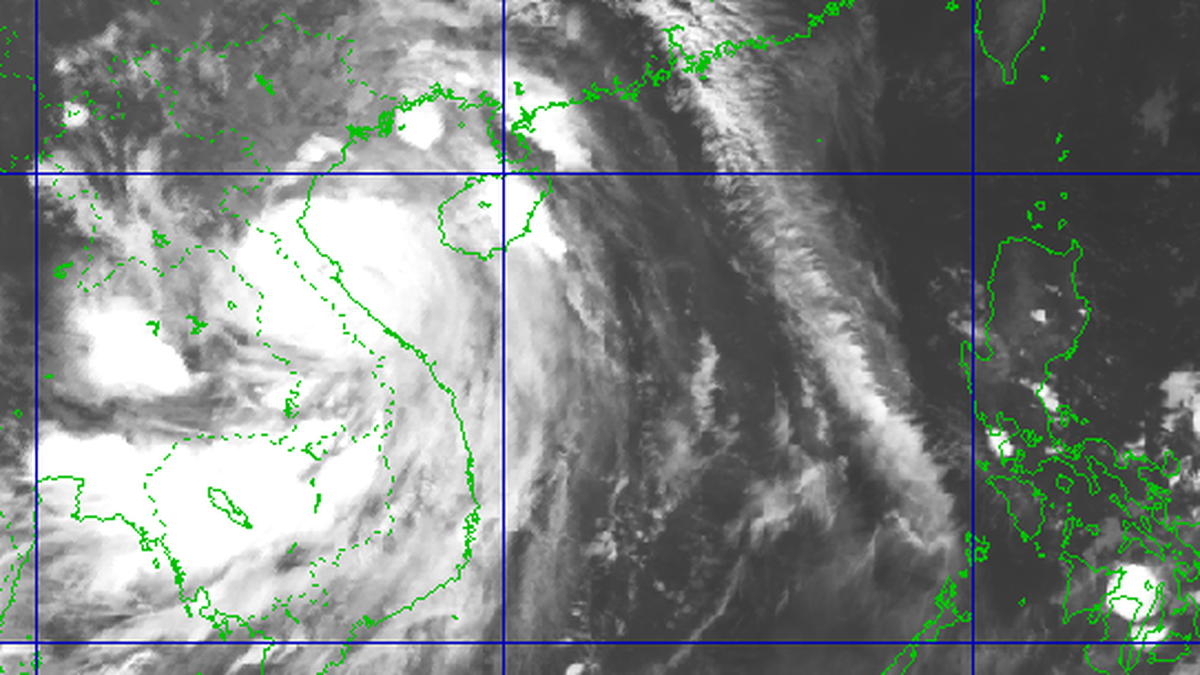




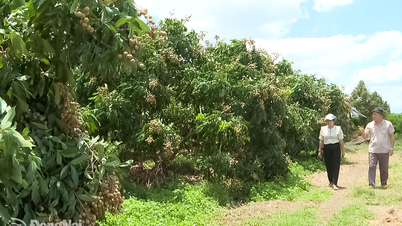





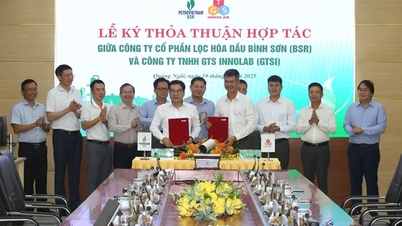
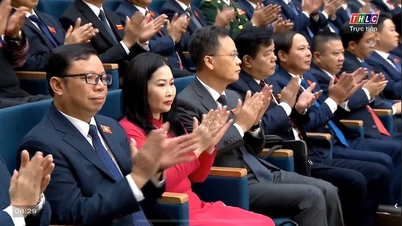













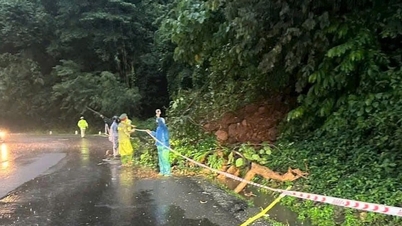
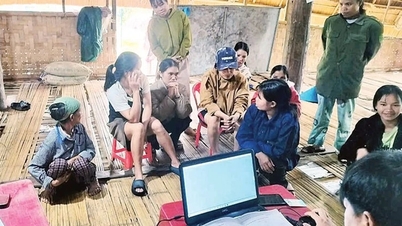
![[Photo] Dak Lak is brilliant with flags and flowers to welcome the Provincial Party Congress...](https://vphoto.vietnam.vn/thumb/402x226/vietnam/resource/IMAGE/2025/9/28/dbbfec0f2aed45368d20b6bca6cb99c6)
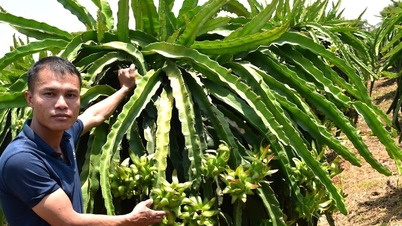




























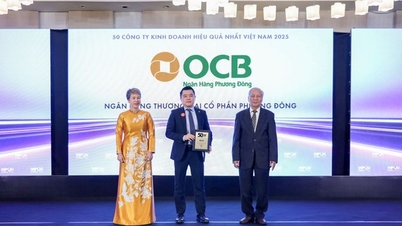




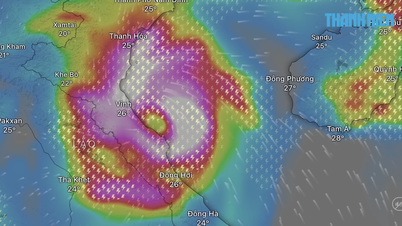

















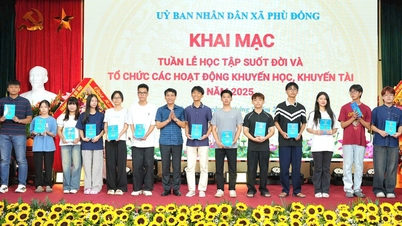












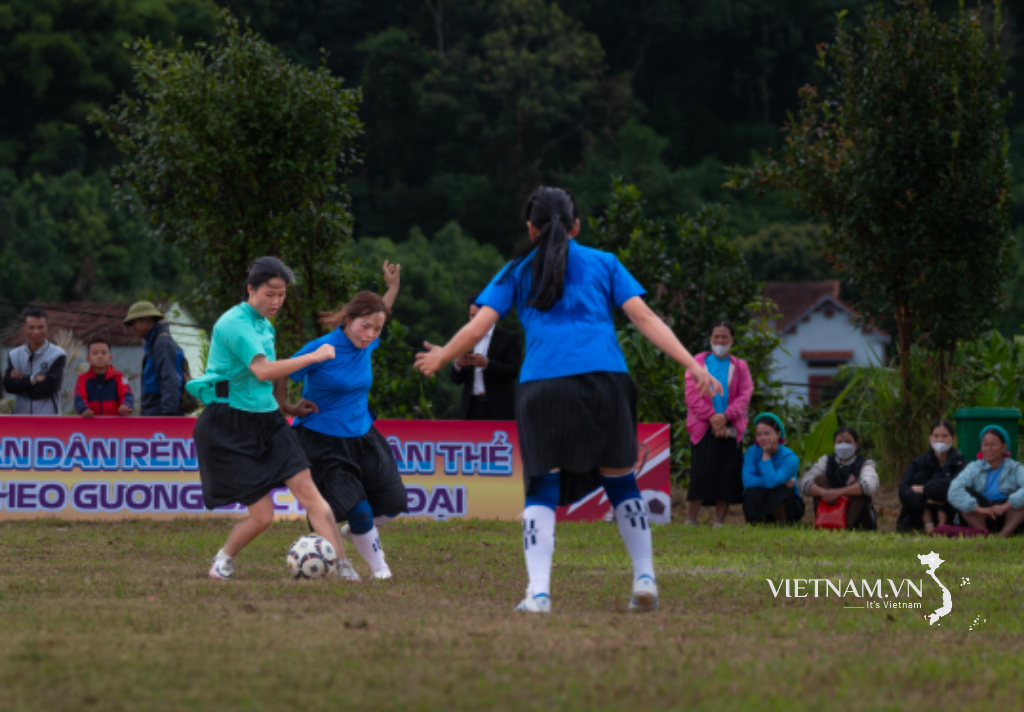

Comment (0)